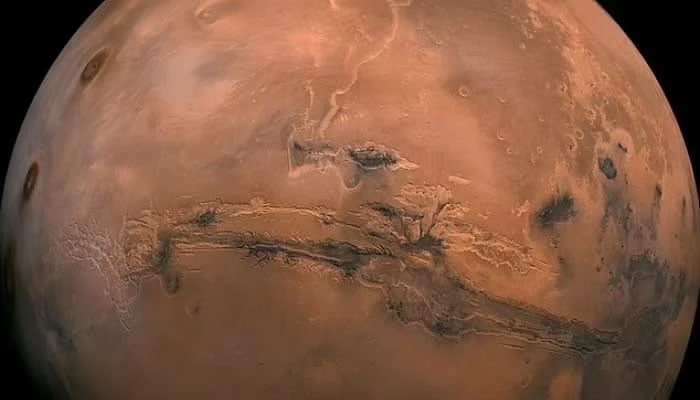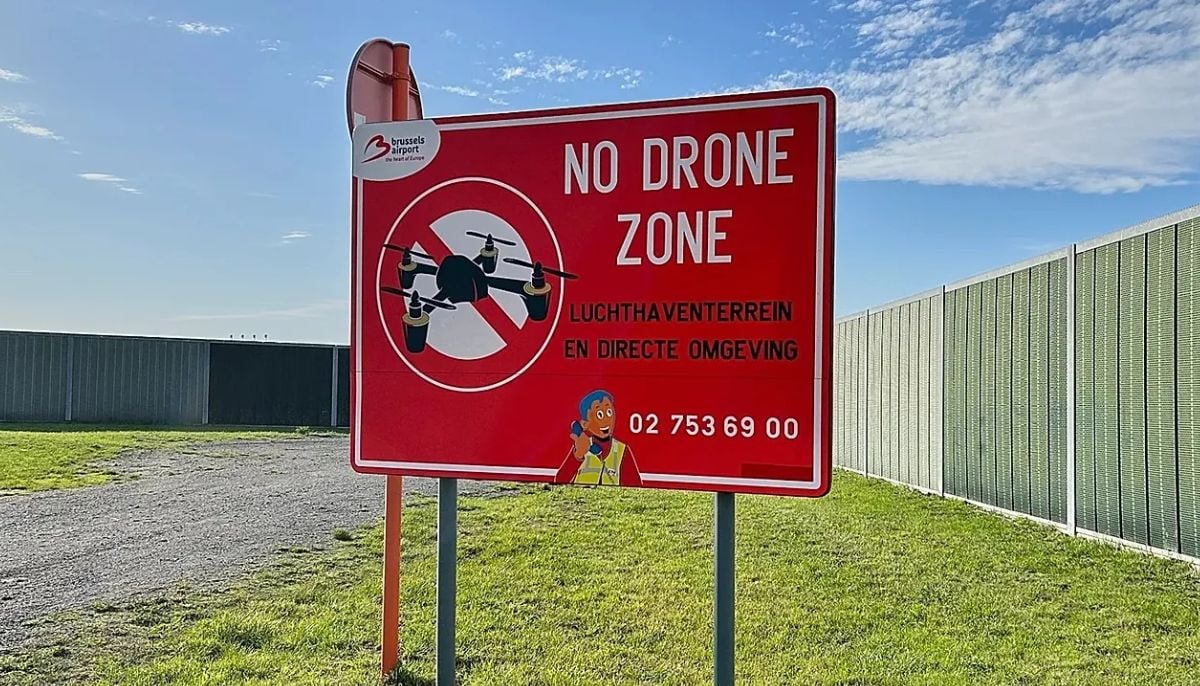Scientists use AI to locate planet outside our solar system
A research team utilised AI to locate proof of a formerly undiscovered planet beyond our solar system
A bunch of scientists from the University of Georgia have created a new method for discovering and categorising new worlds that are far away from Earth. They have encountered an exoplanet using machine learning, a wing of artificial intelligence (AI).
The recent examination showed that AI can accurately catch the presence of the exoplanet by examining protoplanetary disks, the gas around newly created stars. The newly issued results symbolise a first step towards employing machine learning to recognise previously bypassed exoplanets.
Lead author of the study Jason Terry said in a message: "We confirmed the planet using traditional techniques, but our models directed us to run those simulations and showed us exactly where the planet might be.
"When we applied our models to a set of older observations, they identified a disk that wasn't known to have a planet despite having already been analyzed. Like previous discoveries, we ran simulations of the disk and found that a planet could re-create the observation."
According to Terry, the models detected a planet's presence, characterised by multiple photographs that industriously stressed a certain part of the disk that turned out to have the specific indication of a planet - an extraordinary variation in the velocity of the gas around the planet.
Cassandra Hall, assistant professor of computational astrophysics and principal investigator of the Exoplanet and Planet Formation Research Group at UGA said, "This is an incredibly exciting proof of concept. We knew from our previous work that we could use machine learning to find known forming exoplanets. Now, we know for sure that we can use it to make brand discoveries.
"This demonstrates that our models - and machine learning in general - have the ability to quickly and accurately identify important information that people can miss. This has the potential to dramatically speed up analysis and subsequent theoretical insights," Terry said.
"It only took about an hour to analyze that entire catalogue and find strong evidence for a new planet in a specific spot, so we think there will be an important place for these types of techniques as our datasets get even larger."
-
Thai school shooting: Gunman opened fire at school in southern Thailand holding teachers, students hostage
-
Maxwell could get 'shot in the back of the head' if released: US congressman
-
New EU strategy aims to curb threat of malicious drones
-
Nancy Guthrie abduction: Piers Morgan reacts to 'massive breakthrough' in baffling case
-
Texas father guns down daughter after heated Trump argument
-
FAA shuts down El Paso Airport, flights suspended for 10 days: Here’s why
-
Teacher abused children worldwide for 55 years, kept USB log of assaults
-
Savannah Guthrie expresses fresh hope as person detained for questioning over kidnapping of Nancy












